We will bounce back
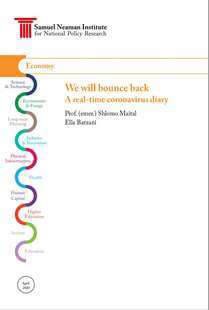
This book comprises some 65 short blogs, written mostly during the coronavirus epidemic, in March and April.
Save lives, save jobs
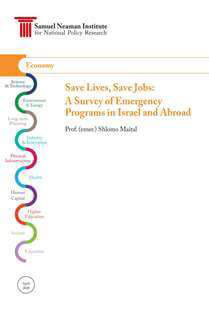
This essay surveys emergency economic bailout programs in the wake of the pandemic, including the Israeli program, at a cost of 80 billion shekels.
Israel Economy and the Corona Crisis – Summary of a round table discussion and major conclusion
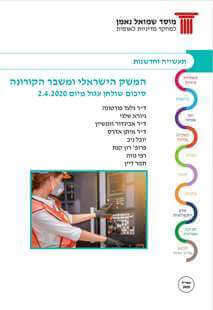
A round table brainstorming session with 50 participants was dedicated to initial observations on the effect of the Corona crisis on the Israel economy and society. Initial conclusions were derived towards the era of post Corona future. Following this round table discussion, dedicated teams were organized in the Center of Industrial Excellence with the purpose […]
The Health System at a Roadcross
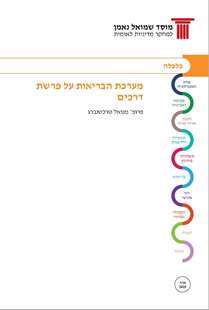
The health system in Israel has long suffered from the growing scarcity of hospital beds, long queues for tests and services, overworked medical personnel, and overcrowded emergency rooms – all of which attest to systemic problems that require an urgent response. The Corona crisis provides further proof that decades long under-investment in the public health system […]
The Global Economic Impact of COVID-19:A Summary of Research
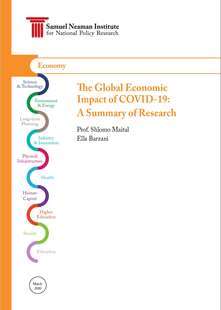
This essay surveys and summarizes recent research and reports on the global economic impact of the COVID-19 ‘new coronavirus’. It argues that the major impact of the epidemic, or alleged pandemic, is on the supply side of the global economy – while remedies now considered and applied are largely on the demand side. The global […]
To unravel the “Gordian Knot” 2.0: Tackling congestion via road pricing and shared rides
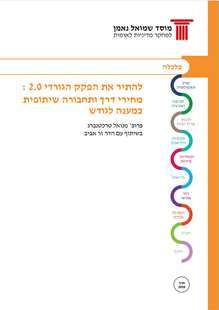
Israel’s chronic traffic congestion has become one of its most pressing problems, with dire economic, environmental and psychological consequences. Following years of failed transportation policies, which overtly favored private over public transportation, it is clear that Israel needs an altogether different approach. We propose here a three-prong policy: Traffic demand management through an advanced system of road pricing, […]
Gross Domestic Problem: Why GDP Misleads & How to Fix It
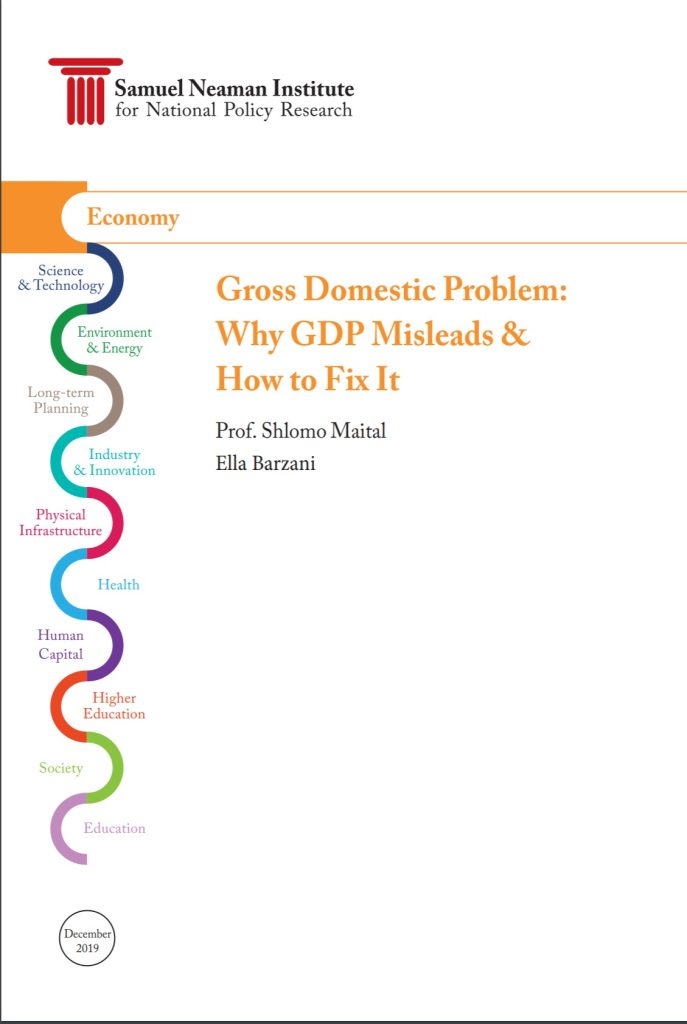
This research paper surveys academic research done during approximately the past five years, on new approaches to measuring economic growth and well-being, replacing the conventional Gross Domestic Product ‘national accounts’ measure, in use since 1934, that is now understood to be flawed. While it is seen that GDP as a measure of well-being is problematic, […]
Reforming Parental Leave: doing good to newborns, their parents and the economy
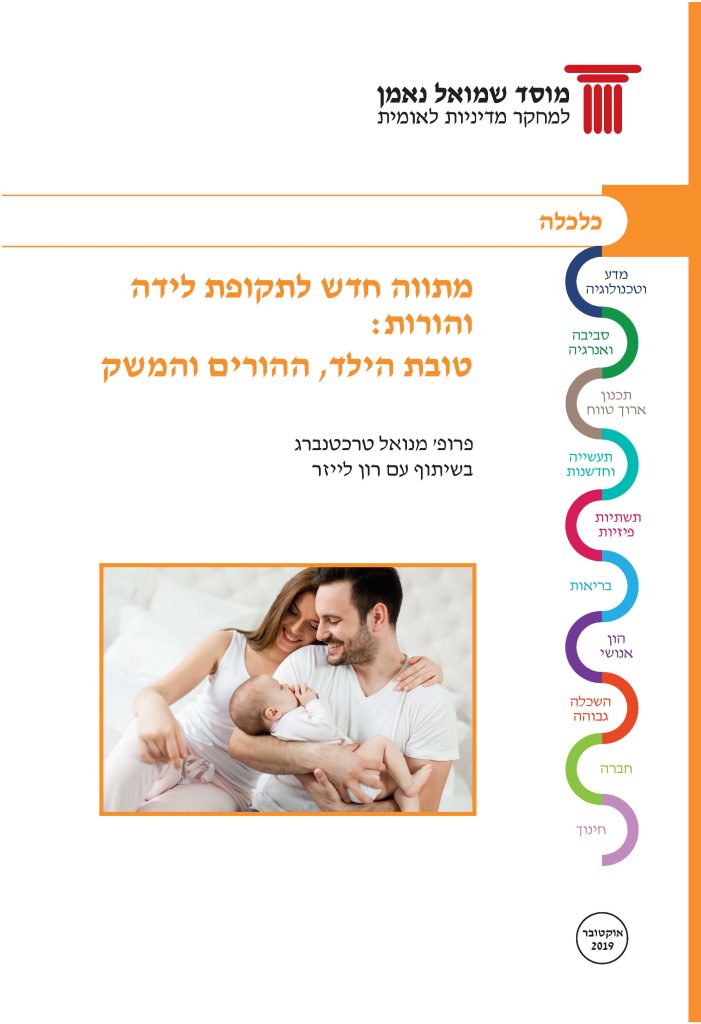
The policy for parental leave written in this research will accomplish 5 goals: achieving best development of the child, securing the mother’s physical and mental health, enabling the father’s participation in raising the child, reducing the gender gap, and alleviating the financial burden on young families. These goals are achieved without the need for high […]
Characterizing master plan for the industrial park Mishor Rotem
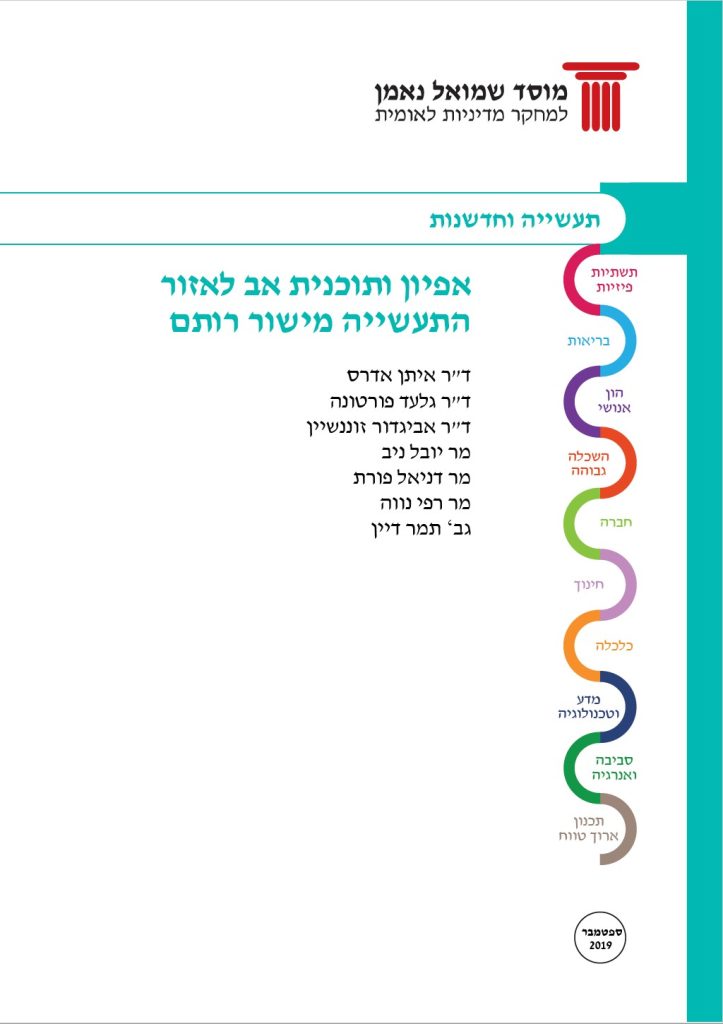
Industrial zone Mishor Rotem is the largest in Israel. Some major industries already reside there, hence the purpose of this research is to characterize a master plan for future development and realization of its national-wise, great potential.
Towards a New Fiscal Policy for Israel: Balancing Budgetary Responsibility and Societal Needs
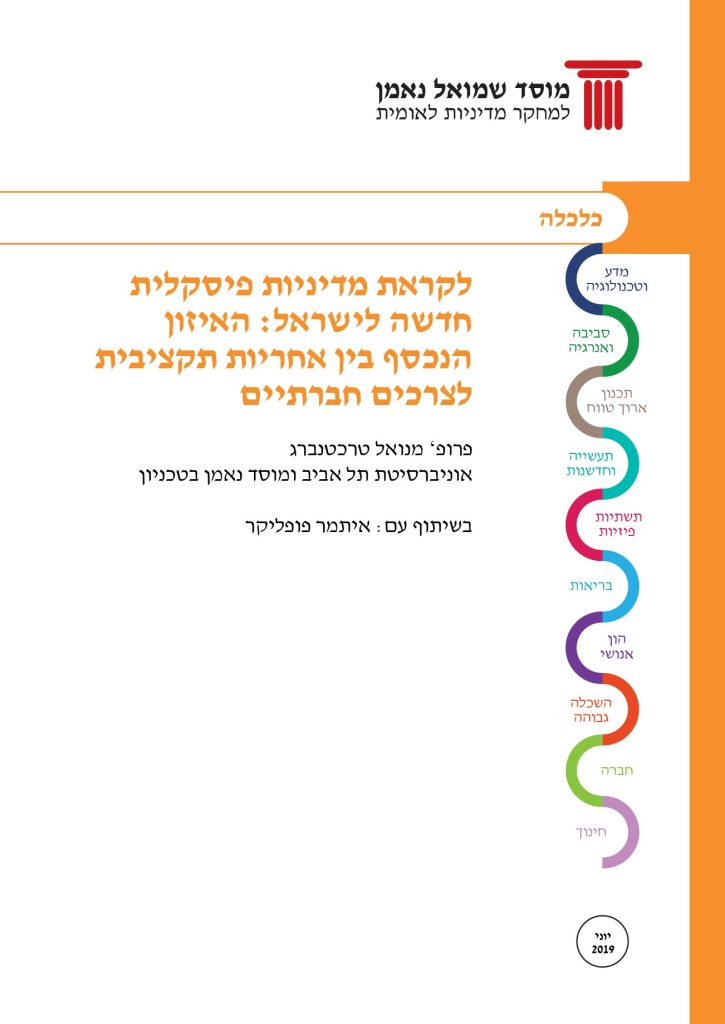
In this paper we put forward a new fiscal policy for Israel, intended to address the troubling gap between the remarkable success at the macro level of the prevalent economic policy, and the economic burden that weighs heavily on most households, especially on young families. The proposed policy strives to balance the two central functions […]
